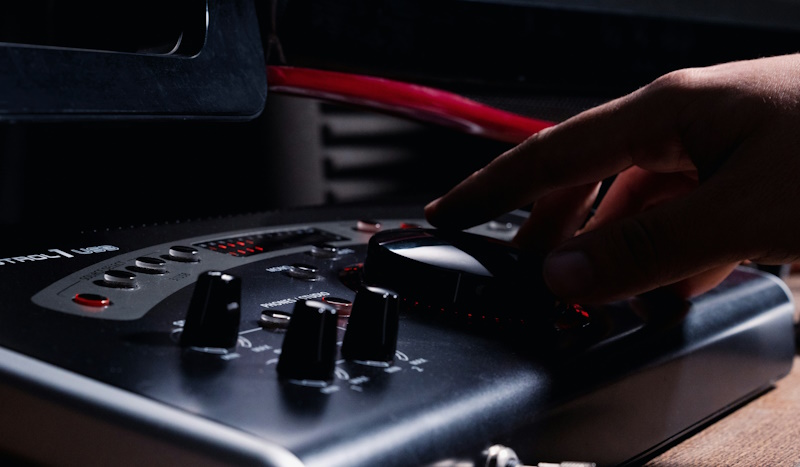Artificial Music: 20-25% of music producers use AI
Image credit: Vinicius “amnx” Amano
Music producers are using AI tools more and more, despite fears over the technology’s place in the industry: How do they use it?
As the music industry rallies against some AI tools, other parts of the industry seem to be taking it up in droves. New surveys reveal that roughly a quarter of music producers are using artificial intelligence, but how are they using the controversial technology?
Two separate surveys have revealed the usage of AI by music producers, Soundplate finding 20% and Tracklib discovering even more at 25%. That’s a huge portion of the industry’s sound-shapers finding use in artificial intelligence tools, despite fears that the technology will impact upon creators’ livelihoods.
However, Tracklib found that nearly three-quarters of musicians were using AI simply for STEM separation. Nearly half also use it for mastering and EQing within plugins. Only a small portion use it for actual creation, with 21.2% of their respondents saying they used AI to generate elements in songs and only 3% using it create an entire song.
These results speak to the dichotomy in the music industry’s relationship with AI. As the technology advances, it is capable of empowering creatives with ground-breaking tools like the separation of STEM tracks for advanced mixing possibilities. However, there are the fears of AI-generated music infringing on artists’ careers and AI-generators stealing the likeness of an artist’s voice or sound.
A current dispute sees the RIAA facing down two prominent AI music generators. Udio and Suno are under attack over claims that they have used copyrighted material to train their generator on existing artists. This allows their technology to then reproduce music in the style and sound of artists.
Some say that their is a simple divide between “assistive AI” which can aid in the processes of music making and “generative AI” which produces content. For example, AI used in mixing tools to speed up and aid the process doesn’t necessarily infringe on the actual creation of the music but enhances the ability to clean it up and finalise it.
On the other hand, there is a new AI model that could revolutionise sample searching for producers. A new AI generator that creates royalty-free samples for use in music has been trained entirely off of royalty-free music. It allows creators to search for exactly the sound they’re looking for to mix and chop into their music, without infringing on any copyrighted content. This is an example of generative AI that may also serve musicians rather than harm them.
Back to the musicians and how they use it: Three-quarters of respondents still said they don’t use AI, with 82.2% claiming artistic reasons such as a desire for the music to be their own. However, 50% of the respondents said that they view assistive AI positively.
As the industry fights AI tools and governments scramble to work out how to legislate for and against AI, new technology is generated for music constantly. In Tracklib’s survey, 70% of the respondents said that they predict AI will have a “large” or “massive” impact on music production in the future.
